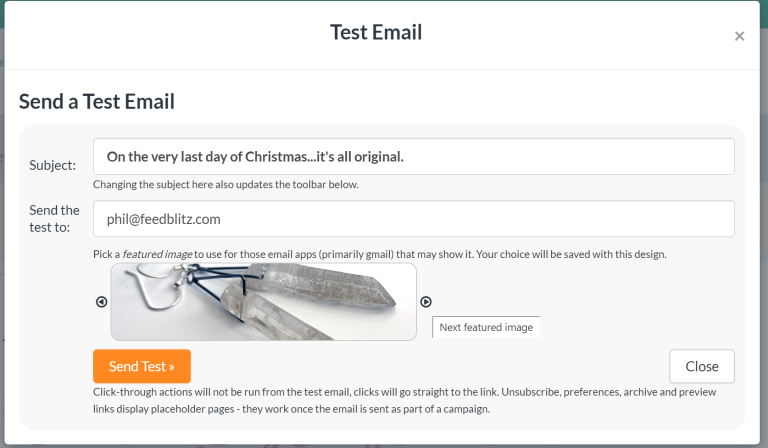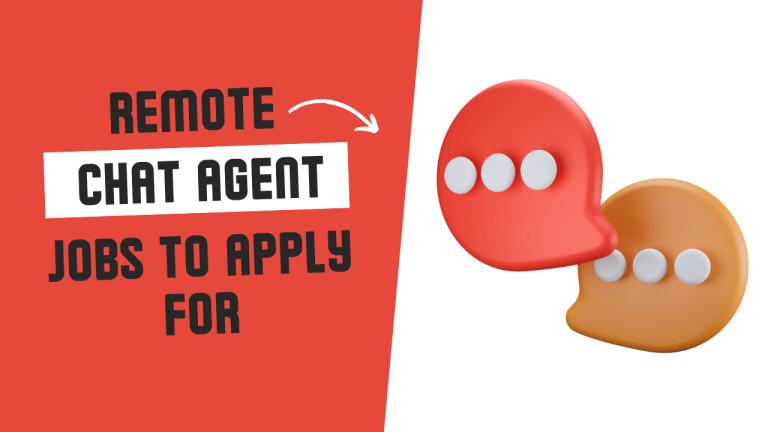Have you ever thought of buying and flipping a website? Or maybe even build your own?
Well, we interviewed Jared Bauman and he successfully does all three! Read on for the inside scoop of how to get started, what to look for when purchasing a website and how to not get scammed throughout the process.
Jared shares all you need to know about flipping websites and how anyone can do it. Enjoy!
1. Can you tell us a little bit about yourself and what inspired you to start your business?
My name is Jared Bauman, CEO and Co-Founder of 201 Creative, LLC. I have a 20+ year entrepreneurial career. I majored in Management Science from the University of California, San Diego, and have extensive experience in business management and digital marketing. Beyond that, my career has been a testament to my passion for helping businesses grow.
My journey began with founding Bauman Photographers during college, a venture that taught me the significance of customer focus and innovative business models. I ran that company for 12 years, and then sold it to dedicate myself entirely to ShootDotEdit, another company I had co-founded. I ended up exiting that business as well, and now run my digital marketing agency 201 Creative.
The inspiration to start 201 Creative stemmed from my desire to leverage my expertise in SEO, marketing, and business strategy to assist companies in enhancing their digital presence and achieving substantial growth.
I am also the host of the popular Niche Pursuits podcast, and blog/email about my experiences growing brands and websites at Weekend Growth.
2. How do you know when a website is worth purchasing? What are some of the criteria you look for?
I gauge a website’s potential by many critical factors, including its total traffic, traffic sources, traffic quality, revenue consistency, growth potential, niche competitiveness, and SEO strength. I prioritize websites with a solid track record of organic traffic, a loyal audience, and scalability. Analyzing financials for steady earnings and diversification of income streams also plays a crucial role in the decision-making process.

3. Could you walk us through the steps you took in creating Creative 201 and start building websites?
Balancing the workload in a digital marketing agency can be quite the juggling act. We’ve got a unique approach that keeps our team both busy and engaged, no matter the season.
Here’s the approach: The inner workings of agency work can be a rollercoaster. Some months, our content team swamped (for example); others, it feels like they’re fishing for things to do. Early on, we hit upon a strategy that turned this challenge into an opportunity. Instead of seeing downtime as a problem, we saw it as a chance to dive into our own projects—building and growing niche websites.
This move was a game-changer for us. It meant our team stayed sharp, engaged, and, most importantly, employed all year round. These internal projects weren’t just busy work. They became our playground for testing new SEO strategies and marketing ideas in real-time. What worked became gold for our client’s projects. It’s like having our cake and eating it too — our team gets to experiment, learn, and apply these insights directly to client work.
Plus, these “niche sites” turned into a good side revenue stream. They help smooth out the financial ups and downs that come with agency life. It’s been a win-win for us. Our team gets a variety of projects to sink their teeth into, and the agency grows both its client and internal portfolios.
Managing this dual focus takes some nimble planning and a knack for timing. We’re constantly assessing where the team’s efforts are needed most and shifting our focus accordingly. This flexibility keeps us on our toes and ensures that we’re always moving forward, whether it’s pushing client projects to new heights or growing our collection of niche sites.
4. What is the most common mistake you see when people are trying to get into this business?
For starting an agency, the most common mistake is not being able to manage the dual needs: client and team. On the client side, deliverables each and every month will change constantly, as do your overall client base. And then on the team side, you have to equally balance the intricacies of executing the varying deliverables. All of this is like a complicated and ever-changing puzzle.
For building websites on their own, the most common mistake is underestimating the importance of due diligence. Many newcomers focus solely on surface-level metrics like current revenue or traffic without assessing the website’s long-term viability, SEO health, or legal entanglements. This lack of thorough evaluation can lead to significant challenges post-purchase OR well along into the build phase.
5. After purchasing a website, how can someone make sure to keep the existing audience for a website loyal? Do have any advice?
Get out in front of it. Be honest about the transaction with the audience. Be the first to recognize that things will be different going forward but that’s not necessarily bad. Consistently show your face, become a part of the community. Go to conferences and other places that the audience hangs out in.
That is what I did when I purchased one website in particular. I believe it helped smooth the transition.
6. If you want to make big changes, how would you recommend someone do that without losing the current audience?
When implementing significant changes, communication and gradual implementation are crucial. Start by sharing your vision and upcoming changes with your audience, highlighting how these changes will benefit them. Implement changes in phases, soliciting feedback at each step. This approach not only minimizes resistance but also fosters a sense of community and inclusion.
7. What are your favorite ways to find websites to purchase?
I rely on a mix of website marketplaces, brokerages, and personal networks.
Marketplaces and brokerages are a great place to start, as there is a level of due diligence that they do before they publish a site to their marketplace. Some do it better than others, and it’s never enough to fully rely on. But it’s a good first pass.
Nowadays, most of my purchases come from my network. Granted, I’ve spent a lot of time building that up, but it’s a different type of transaction that I do prefer in the end.
To that point, staying active in relevant online communities can provide these types of leads on potential acquisitions. It’s about keeping a pulse on the market and identifying opportunities that align with our strategic goals.
8. How common is scamming in this area? Do you have any tips on how to avoid this?
Unfortunately, scamming is not uncommon. To mitigate risks, it’s essential to conduct thorough due diligence, verify all financials through independent audits, and use escrow services for transactions. Building relationships with reputable brokers and seeking legal advice when necessary can also protect your interests. Never trust anything at face value.

9. How much do you earn with your business?
I prefer to keep revenue details for the agency private, but I can say that 201 Creative is a low seven figure a year agency for revenue.
Our side hustles and websites make up a small percentage of that, but I share more financial information about those to encourage people. For example:
I share other case studies but those are a few highlights from 2023.
10. How do you know how much to pay for a website?
From a high level, the going rate for a content or affiliate website is 30-35x monthly profit. SAAS and e-commerce websites are often valued higher.
Valuing a website involves analyzing its revenue multiples, traffic trends, SEO rankings, niche competitiveness, and growth potential. I also consider the operational costs and the investments needed for future growth.
11. How can someone protect themselves when purchasing a website?
A combination of thorough due diligence, legal contracts, and secure payment methods. It’s also wise to engage with professionals, such as lawyers and accountants, who can provide expert guidance throughout the purchase process. They’ll be able to help you understand if something “looks weird”.
12. Do you have any products or services you sell?
201 Creative offers a range of SEO marketing services designed to increase sales, ROI, and lead generation for our clients. Our services include technical website audits, content strategy plans, link building, content creation, and comprehensive SEO strategies tailored to each client’s unique needs.
Weekend Growth is more catered towards bloggers, and offers website reviews, consulting, and a course to help content creators produce high quality photos for their website.
13. What is your vision for the future growth and development of your business?
Online marketing is at quite the crossroads, with the future of search hanging in the balance as AI, UGC, and other factors continue to change the landscape of how users interact with the web for information.
Luckily, I’m at the forefront of these changes. Between being involved with dozens of clients and their brands, to hosting a twice weekly podcast that discusses these changes, I’m on-the-ground for where we are going in online marketing.
I’m excited to continue to help brands and bloggers grow their online presence, while successfully navigating all of the online changes that we are living.
14. How can others find you- as we are all fans of you now?
Haha, sure thing. I’m active on Twitter, but the best place to get my content is through my weekly newsletter (free). If you’re a blogger who is interested in more help, you can find me at Weekend Growth. And businesses in need of online marketing and SEO help can learn more at 201 Creative. Thanks for having me!
Wow! That is pretty awesome. Thank you so much Jared for sharing all of this with us. Make sure to join his FREE weekly newsletter for more tips and tricks!










